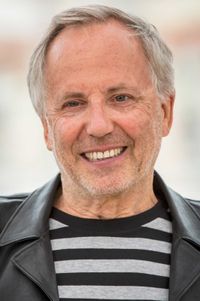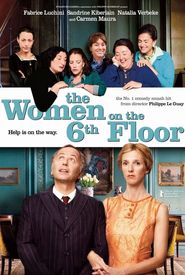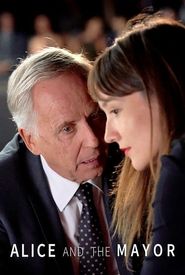Fabrice Luchini, a talented individual, was born in Île-de-France, Paris, to a family of Italian immigrants who operated a fruit and vegetable stand. This early life experience in the bustling neighborhood of Goutte d'Or, situated in the 18th arrondissement of Paris, had a profound impact on his future endeavors. When he was just 13 years old, his mother took the bold step of apprenticing him to a celebrated hairdresser on Avenue Matignon, a decision that would forever alter the course of his life. Under the guidance of this renowned stylist, Fabrice, as he came to be known, adopted his stage name, replacing his given name Robert. This pivotal moment in his life marked the beginning of his captivating journey into the world of literature, as he immersed himself in the works of celebrated authors such as Balzac, Flaubert, and Proust, laying the foundation for his future success.
Fabrice's profound fascination with literature served as a catalyst for his journey into the world of the performing arts, with his ardor for soul music, specifically the inimitable James Brown, driving him to regularly visit the vibrant discothèques of the era. It was during one such visit that he had the serendipitous encounter with the esteemed filmmaker Philippe Labro, who extended to him his first acting role in the 1969 cinematic masterpiece Tout peut arriver. Under the expert tutelage of the revered acting coach Jean-Laurent Cochet, Fabrice meticulously refined his craft, ultimately securing a small yet pivotal role in Éric Rohmer's 1970 film Le Genou de Claire. This auspicious collaboration marked the inception of a long-standing creative partnership with Rohmer, with whom he would subsequently collaborate on a multitude of projects, including the critically acclaimed films Perceval le Gallois, Les Nuits de la pleine lune, and many others.
Fabrice's illustrious cinematic career boasts a diverse array of projects, featuring collaborations with esteemed directors such as the Japanese mastermind Nagisa Oshima, the French avant-gardist Pierre Zucca, the acclaimed Claude Lelouch, the celebrated Cedric Klapisch, and the accomplished Édouard Molinaro.
However, it was his pivotal role in Christian Vincent's 1990 cinematic masterpiece, La Discrète, that ultimately propelled him to widespread recognition, cementing his status as a talented and versatile performer.
Beyond the impressive milestones achieved in his film career, Fabrice harbors a profound and abiding enthusiasm for the world of theater, which he perceives as the sole realm where the very essence of life is articulated and brought to the fore, a realm that transcends the boundaries of traditional education and cannot be replicated by any institution or curriculum.
Since the dawn of the 1980s, Fabrice has enjoyed a remarkable degree of success with his theater readings, which have showcased the works of some of the most illustrious and influential authors of the literary canon, including the celebrated French fabulist Jean de La Fontaine, the German philosopher Friedrich Nietzsche, the renowned French author Louis-Ferdinand Céline, the esteemed French poet and critic Paul Valéry, and the celebrated French philosopher and literary critic Roland Barthes.





















































